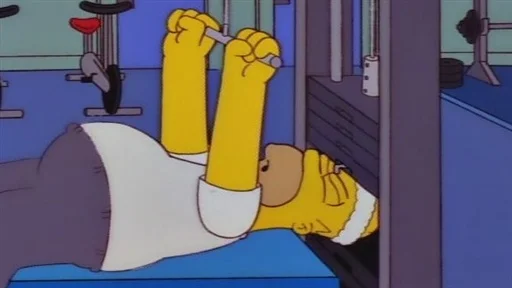Hitting the Wall - Bonking
/20361_512x288_manicured__NuNJ9p+ubkKt1FQ8eZapcg
Avoid Bonking: How to Prevent Hitting the Wall During Workouts
How often have you ambitiously started a new training regimen, only to find yourself crashing half through your workout? After a sedentary period in your life, you motivated yourself to become active again and went full throttle on day one of your program. You feel great, strong, pushing yourself, when suddenly you are hit with a feeling of nausia, diizziness, and exhaustion. The wind has been sucked right out of your sails, and with it, your motivation and confidence. Why are you feeling this way, what can you do to feel better immediately. and avoid this in future workouts?
This feeling of nausia and vertigo is exercise induced orthostatic hypotension. In layman's terms, your muscles are hogging your blood supply, decreasing the supply to your heart and brain. Temporary and not serious, but it feels terrible and can hinder your motivation. Its caused by several factors. Your newly active muscles require alot of blood, demanding your body to share the supply, compromising flow in othe areas, like your heart and brain. This demand is compounded by he fact that your body is deconditioned to supply the body with quantity of blood it needs, you are probably dehydrated, just made it worse with perpiration, and if you were dehdrated to begin with, your electrolyte balance is probably off too. What we have is a perfect storm, although all too common, combination for "bonking", or hitting the wall.
So what can you do to avoid this? Start by staying hydrated all day everyday. By the time your are thirsty, you are already dehydrated. Low hydration, decreases blood volume, and disrupts your electrolyte balance. A low calorie sports drink will help restore your body's blood volume and electrolyte balance, and consumed during your session may avoid bonking all together. Avoid alcohol and excessive amounts of caffeine before working out. Ease into your workout. Slowly build your stamina, and your body will adapt to the new demands.

